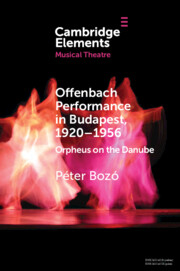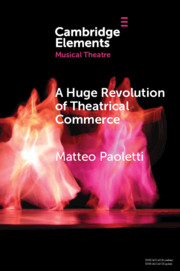About the Series
Elements in Musical Theatre focus either on a real or metaphorical “journey” and its resulting dialogue, or on a current theoretical issue. Since many musicals follow a quest model (a character goes in search of something), the idea of a journey aligns closely to a core narrative in musical theatre. Journeys can be, for example, geographic (across bodies of water or land masses), temporal (setting musicals in a different time period than the time of its creation), generic (from one genre to another), or personal (characters in search of some sort of fulfilment). Theoretical issues may include topics relevant to the emerging scholarship on musical theatre from a global perspective and can address social, cultural, analytical, and aesthetic perspectives.
Key Features
- Offers an approach to musical theatre that includes and goes beyond the English-speaking world
- Includes contributions by authors from a variety of disciplines, including cultural, business, and globalization studies, among others
- Accessible, concise studies on musical theatre topics, including repertories, personalities, business aspects, theoretical considerations, and more
- Provides additional insights, contexts and nuances into repertories with which readers will likely already be familiar
Series Editor: William A. Everett, University of Missouri - Kansas City
Elements in this series
-
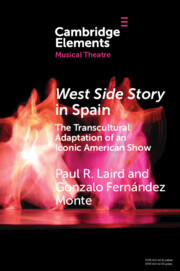
- Element
West Side Story in Spain
-
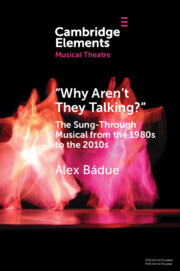
- Element
“Why Aren't They Talking?”
-
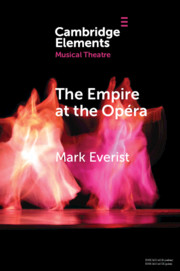
- Element
The Empire at the Opéra
About the Editor
William A. Everett, PhD is Curators’ Distinguished Professor of Musicology at the University of Missouri-Kansas City Conservatory, where he teaches courses ranging from medieval music to contemporary musical theatre. His publications include monographs on operetta composers Sigmund Romberg and Rudolf Friml and a history of the Kansas City Philharmonic Orchestra. He is contributing co-editor of the Cambridge Companion to the Musical and the Palgrave Handbook of Musical Theatre Producers. Current research topics include race, ethnicity and the musical and London musical theatre during the 1890s.




